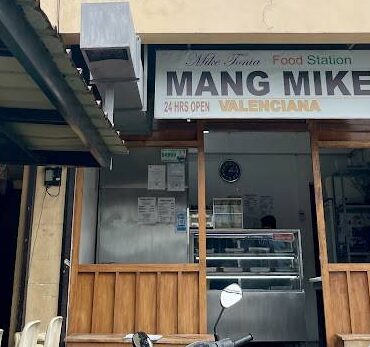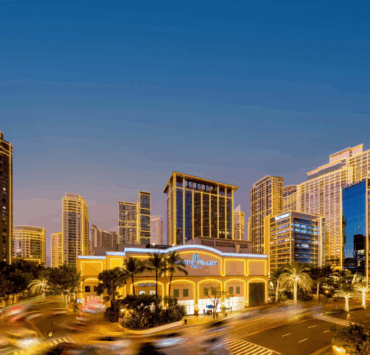Stages of belonging
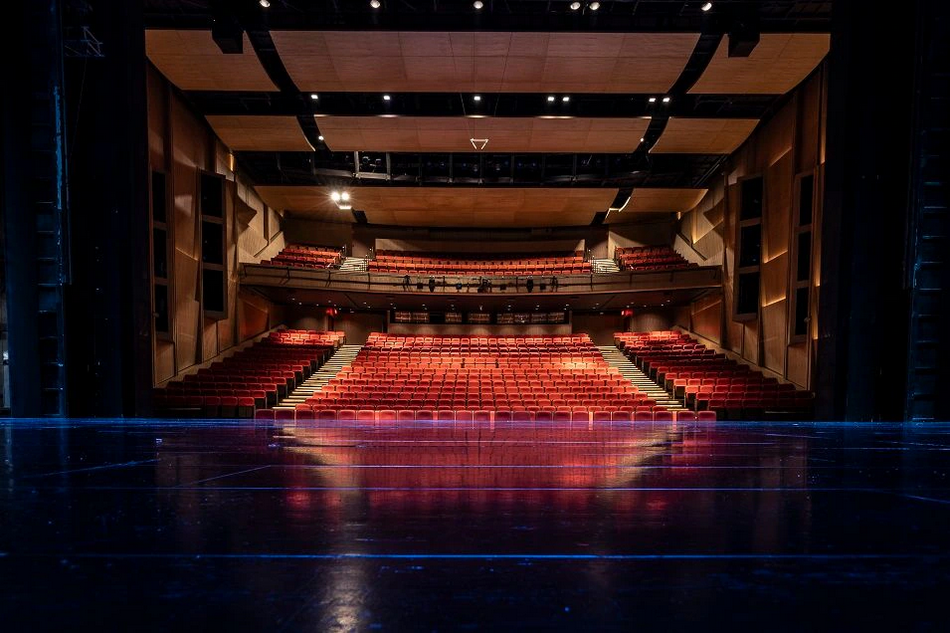
Communal spaces are the hearths of the modern city, where the choreography of culture, leisure, and shared identity takes shape.
In the Philippines, where private developments often set the rhythm of urban living, these spaces have become the measure of how architecture can elevate everyday experience. They are no longer conceived as backdrops but as defining acts, with theaters, plazas, and cultural halls as anchors of prestige and memory.
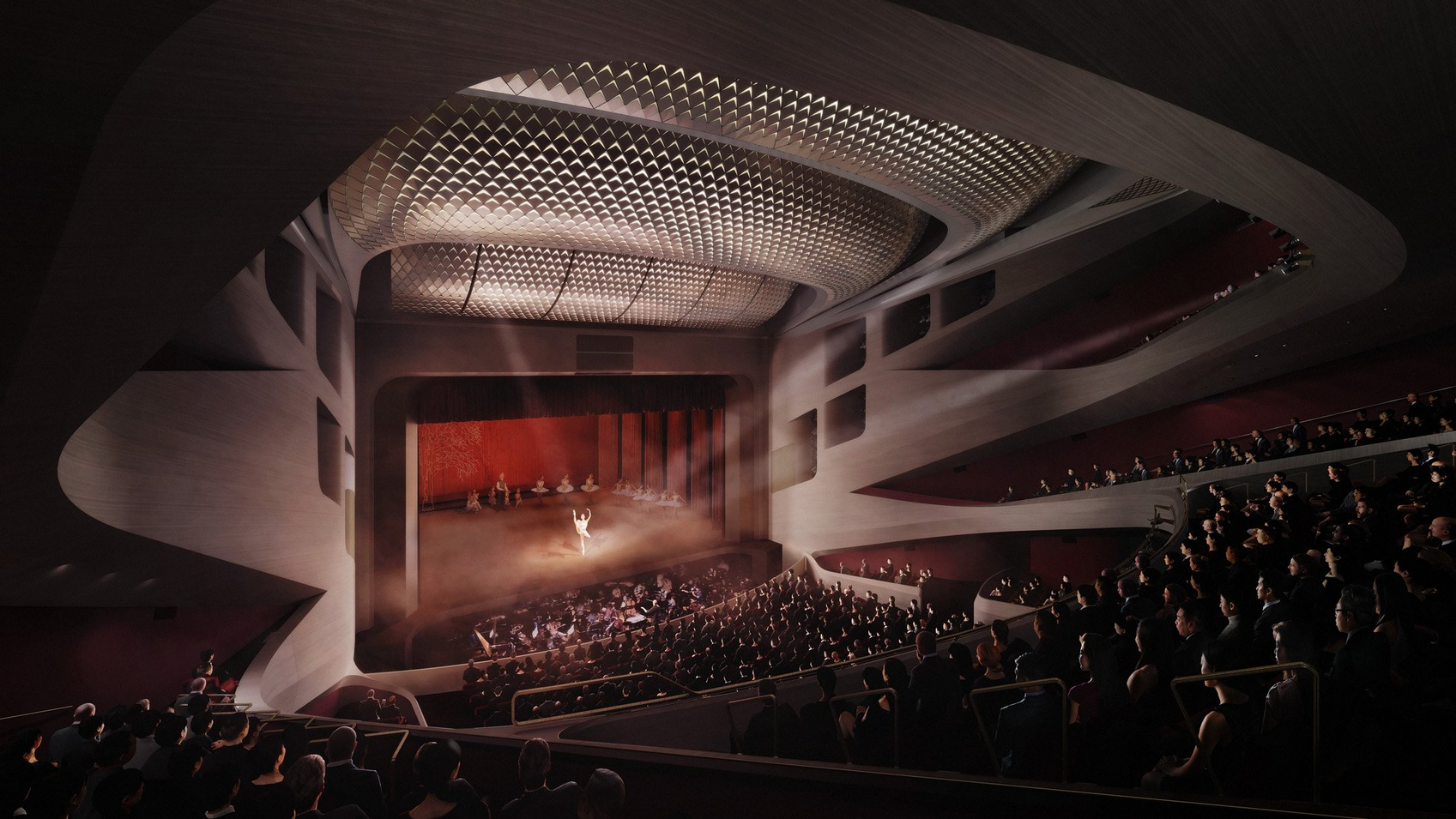
Shared elegance
Luxury communal spaces offer a language of gathering that surpasses utility. They extend civic life into the realm of spectacle, where design carries the weight of ceremony.
These settings balance intimacy with grandeur, turning the audience into active participants in the shared experience.
Architects and planners shape the experience. They create the stage for encounters that foster belonging. In this choreography of space, every detail from acoustics to circulation patterns contributes to an atmosphere where community can flourish.
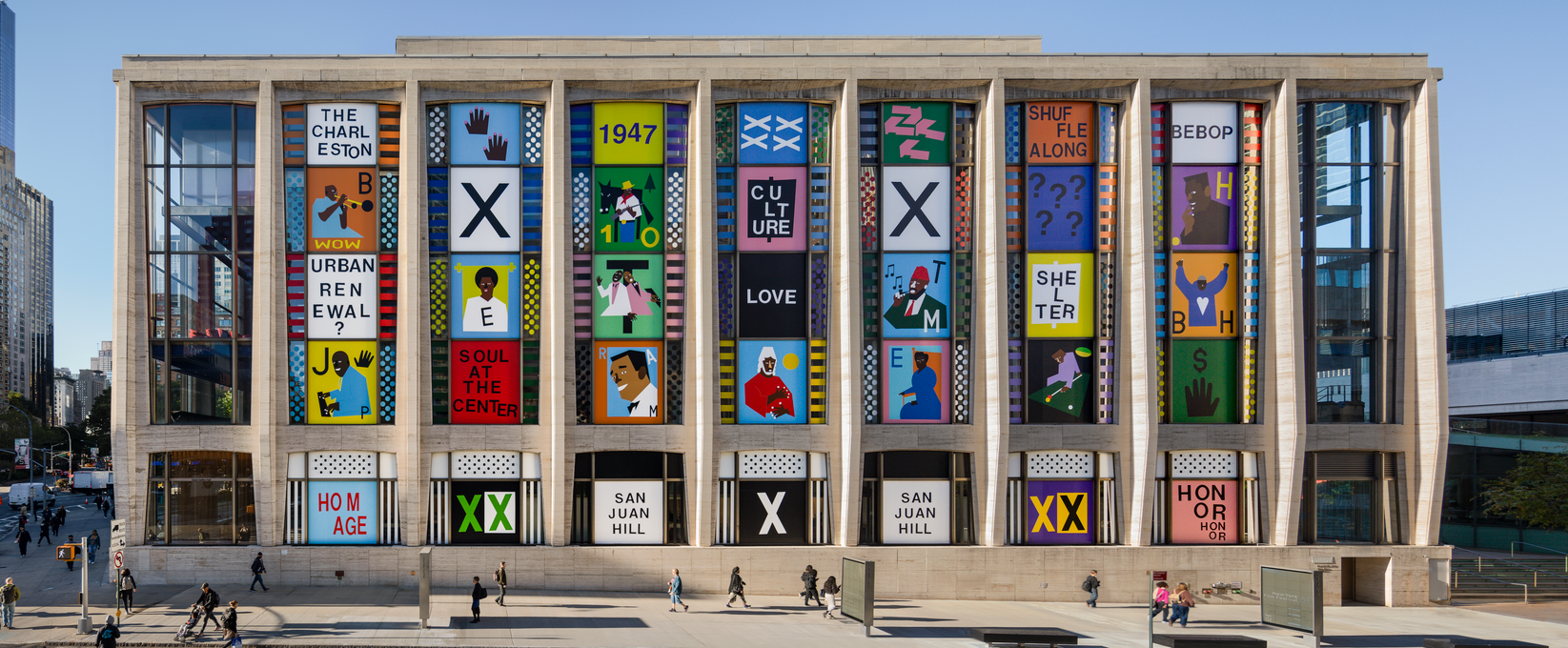
Global exemplars
Cities around the world reveal how cultural architecture becomes the pride of place.
In New York, the Lincoln Center by Wallace K. Harrison transformed Manhattan into a constellation of music halls, theaters, and open plazas that have sustained generations of art. Singapore’s Marina Bay Sands integrates expansive event halls into an iconic hotel and retail complex by Moshe Safdie, proving how cultural scale can coexist with commercial vitality. In Sydney, Jørn Utzon’s Opera House remains an emblem of national identity, with its forecourt acting as a civic living room where festivals unfold against a harbor skyline.
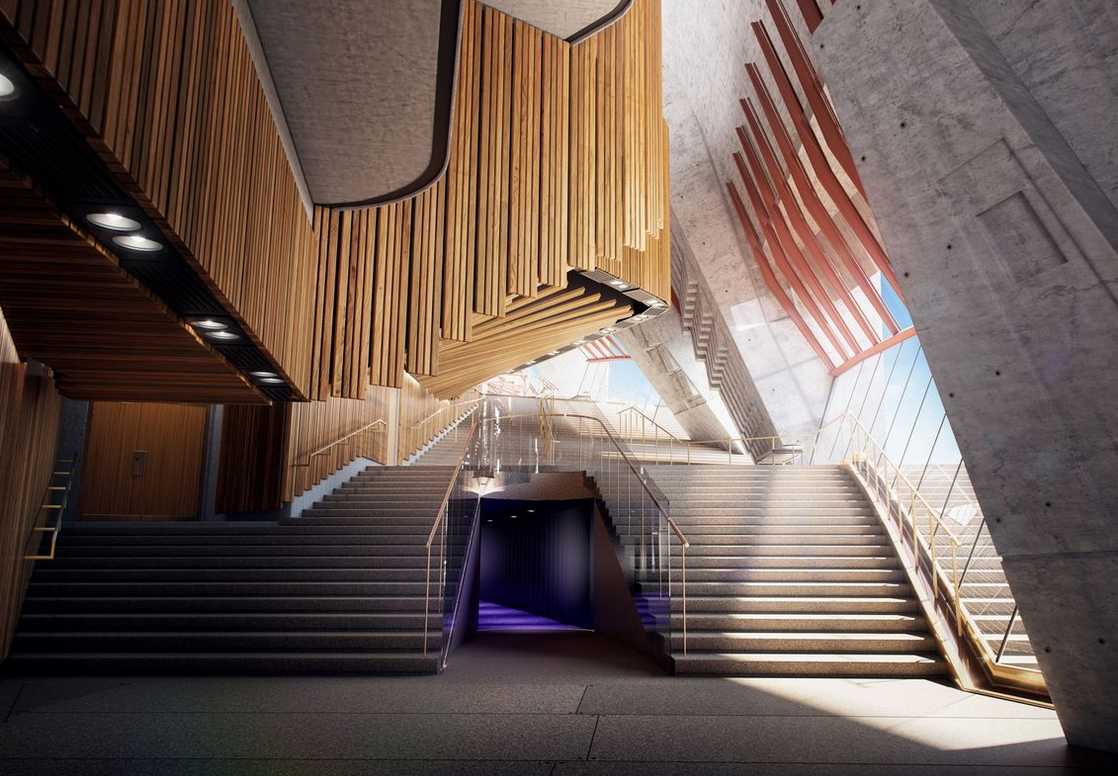
More recent works continue this lineage. The Lyric Theatre Complex in Hong Kong, designed by UNStudio with AD+RG, forms part of the West Kowloon Cultural District. Within its 41,000 sqm are three performance venues, from a 1,450-seat hall to an intimate studio space, all connected by foyers that open visually to the city. In Japan, Kenzo Tange’s Yokosuka Arts Theatre anchors the Bay Square development with a 1,800-seat main hall and a 600-seat chamber hall, demonstrating how flexibility can balance scale.
These projects demonstrate that theaters integrated into mixed-use contexts can shape performance and the life between performances.
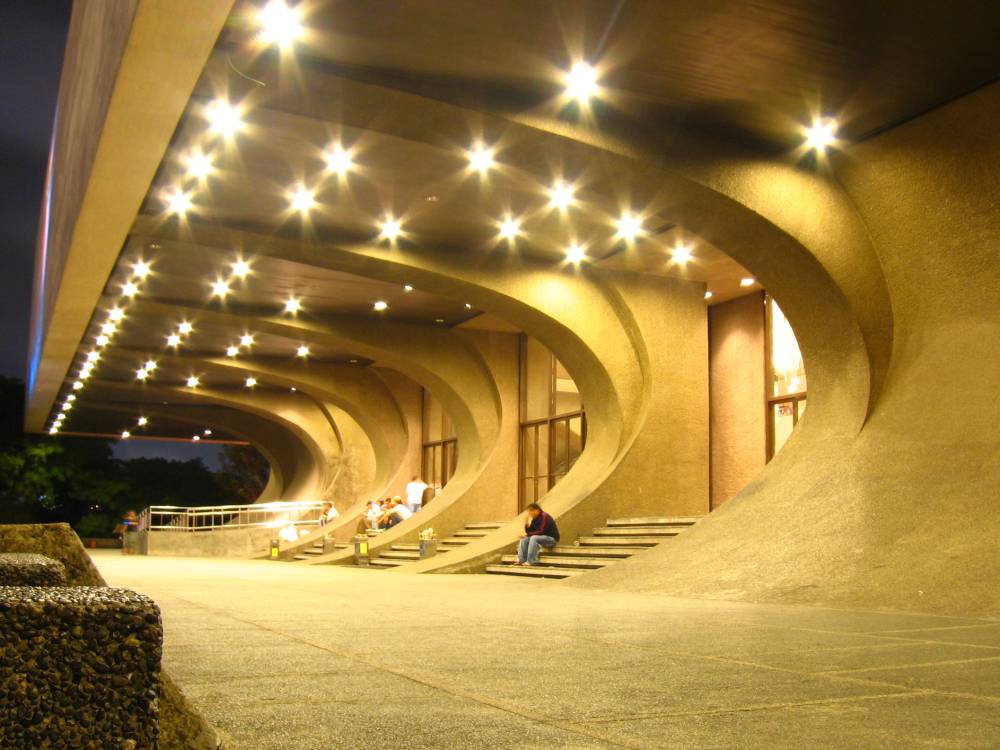
The Filipino stage
Metro Manila has long yearned for cultural anchors embedded in its urban centers. The Cultural Center of the Philippines continues to embody national aspiration with its monumental Tanghalang Pambansa by Leandro Locsin. However, its location at the bayfront sets it apart from everyday rhythms.
Recent private developments, however, reveal a shift. Communal spaces are now conceived within residential and commercial enclaves, accessible yet curated, reflecting the growing recognition that cultural identity enhances property value and enriches daily life.
Rockwell’s distinction
The Proscenium Theater at Rockwell Center Makati embodies this philosophy with clarity.
Conceived within a luxury residential and retail community, the theater holds 780 seats, with no audience member farther than 20 meters from the stage. The hall is proportioned to foster intimacy, supported by modern stage systems, including automated fly lines and an orchestra pit. A companion Black Box space accommodates smaller, experimental productions, expanding the range of cultural offerings.
This integration positions Rockwell Center as more than a lifestyle district. It becomes a cultural node within Makati, open to residents and the larger city. By embedding the theater within its masterplan, the development places performance at the heart of community identity, offering the metro a venue that balances exclusivity with openness.
The new gathering ethos
Across continents, the finest communal spaces share an ethos: they are stages of belonging. Their measure of success is not in architectural novelty alone but in the depth of memory they cultivate.
Theaters in New York, Singapore, Sydney, Hong Kong, and Yokosuka remind us that luxury is experienced most profoundly when it invites people into shared moments of wonder.
The Proscenium Theater at Rockwell evolves in this lineage, presenting the Philippines with a benchmark of cultural elegance that belongs to its residents and the city it serves.
The author (www.ianfulgar.com), is a leading architect with an impressive portfolio of local and international clients. His team elevates hotels and resorts, condominiums, residences, and commercial and mixed-use township development projects. His innovative, cutting-edge design and business solutions have garnered industry recognition, making him the go-to expert for clients seeking to transform their real estate ventures














